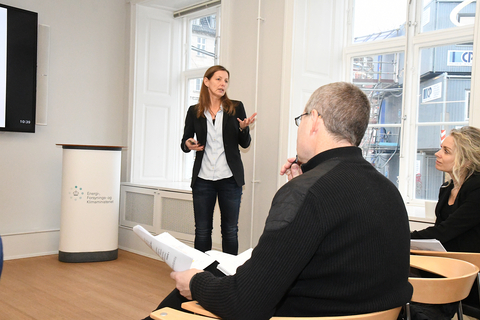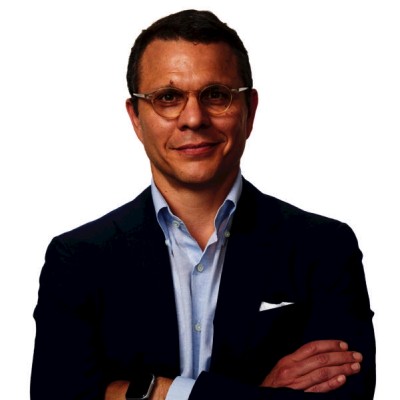In recent years, the corporate world has seen a significant shift towards prioritizing diversity, equity, and inclusion (DEI) initiatives. At the forefront of this movement is the Chief Diversity Officer (CDO), a key figure in the C-suite tasked with championing diversity efforts and fostering an inclusive workplace culture. As businesses recognize the strategic importance of diversity in driving innovation, attracting top talent, and enhancing brand reputation, the role of the CDO has become increasingly vital.
Historically, diversity initiatives were often siloed within human resources departments or viewed as standalone programs. However, the modern CDO is breaking down these barriers, integrating diversity and inclusion into the fabric of organizational strategy and operations. By collaborating with other C-suite executives, the CDO ensures that diversity goals are aligned with broader business objectives, driving meaningful and sustainable change.
Leading the charge in this endeavor is Maria Rodriguez, Chief Diversity Officer at Diversify Corp, a global leader in diversity and inclusion consulting. With a background in organizational psychology and a passion for social justice, Rodriguez embodies the modern CDO – a strategic leader committed to driving tangible outcomes and fostering a culture of belonging within her organization.
In an exclusive interview, Rodriguez shares her insights into the evolving role of the CDO and its impact on business success. “Diversity is not just a moral imperative; it’s a business imperative,” she emphasizes. “As CDOs, our role is to cultivate an environment where every individual feels valued, respected, and empowered to bring their authentic selves to work.”
Indeed, the business case for diversity is compelling. Companies that prioritize diversity and inclusion not only enhance employee engagement and retention but also outperform their peers financially. Moreover, diverse teams are better equipped to understand and serve a diverse customer base, driving innovation and market growth.
However, achieving meaningful diversity and inclusion requires a concerted effort and a multifaceted approach. CDOs must work collaboratively across departments to embed diversity into talent acquisition, training, performance management, and leadership development processes. Moreover, they must foster a culture of openness, dialogue, and accountability, where diversity is celebrated and differences are embraced.
Despite the challenges, the rewards of fostering a diverse and inclusive workplace are immense. By leveraging the unique perspectives and talents of a diverse workforce, companies can drive innovation, improve decision-making, and create a competitive advantage in the marketplace. Moreover, by championing diversity, equity, and inclusion, CDOs can help build a more just and equitable society.
As businesses continue to navigate the complexities of a rapidly changing world, the role of the CDO will only grow in significance. By leading diversity initiatives and fostering an inclusive culture, CDOs have the opportunity to drive meaningful change and create workplaces where everyone can thrive.
In the words of Maria Rodriguez, “Diversity is not just a checkbox; it’s a journey towards creating a more equitable and inclusive world. As CDOs, let us continue to advocate for change and lead our organizations towards a future where diversity is celebrated and valued by all.”



